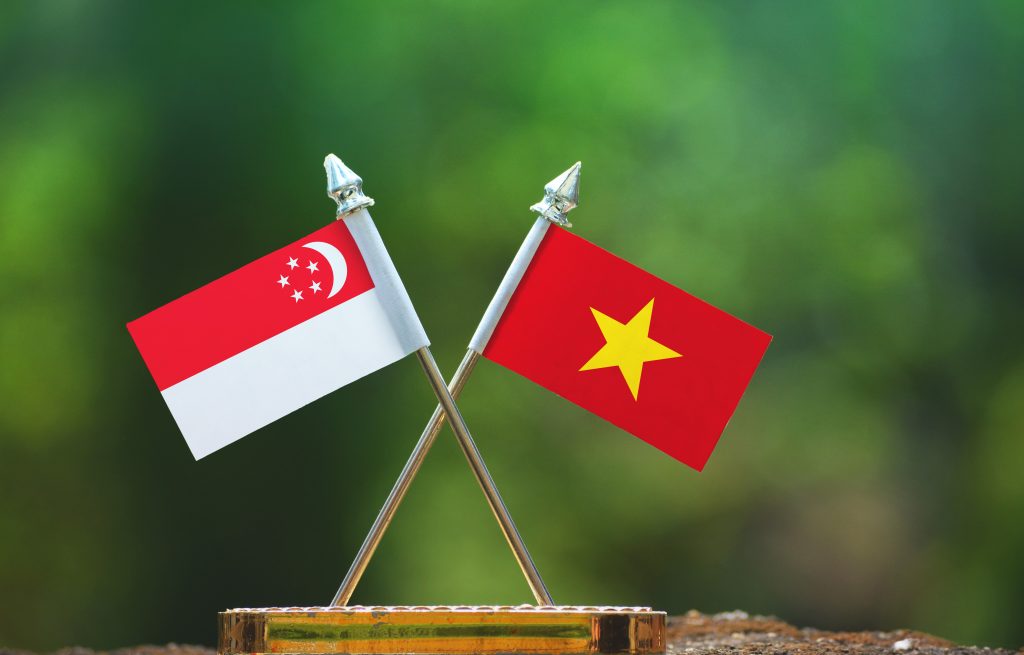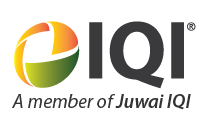
Global Properties

Vietnam is the 16th most populous country globally, and have attracted investors from different countries, especially from Singapore, to actively participate in the real estate market in Vietnam.
Singaporean investors became regular when the law on foreign property ownership became effective!
They are eligible for a 50-year leasehold with an extension (subject to authority approval).
The available popular legal systems are:
The best way a Singaporean can adapt to buy a property in Vietnam is by starting their own company. Having a 100% foreign-owned company allows foreigners to buy property in the country!

You can purchase houses and apartments on behalf of your company for a specified term. It will only take 4-6 weeks to register for a company in Vietnam.
The procedure is comparatively easy. You will acquire an Investment Registration License and a Business Registration Certificate when the procedure will begin. It can have a 10-year validity period.
You can establish a company jointly undertaking a Vietnamese citizen in a local-owned company to own a property.

This company will help you to buy households, purchase and lease buildings, and the buildings of the whole real estate assignment. This facility is for the Vietnamese shareholders as well.
However, this joint venture company will only end when the company decides to bring it to an end.

There is also an option for foreign residents to buy houses without associating with a company for their own residential purpose in Vietnam. But as a foreigner, you are not allowed to rent it to other parties.
Want to invest in Vietnam? Click Here.
A foreign national who owns a property has to pay Vietnam property tax at the district tax bureau where the property is located about the taxes.
| Taxes | Description |
| 1. VAT | 10% VAT is applied on any property sale. |
| 2. Ownership registration tax | 0.5% registration tax against property value. This is to obtain the ownership of the ‘pink book’ certificate. |
| 3. Administration fees | A minor fee needs to be paid for property ownership certificate issuance. |
| 4. Maintenance fee/sinking fund | 2% of the house/apartment price before VAT. |
| Taxes | Description |
| Personal income tax | 2% personal income tax needs to be paid on the transacted value for the personal income earned through assignment or apartment/house resale. |
| Taxes | Description |
| Personal income tax | 5% VAT and 5% PIT on revenue must pay for the personal income earned through apartment/houses rental. |

A local property negotiator can help guide you through every step of buying a property. From giving you advice on property values and investment potential to helping you fulfil legal requirements, he can be your companion throughout.
Usually, a Real Estate Negotiator (REN) is hired or contracted by a company to list and market properties. He works under the supervision of a registered real estate agent.
To ensure a more seamless venture, foreign investors are advised to choose a reliable agency.
Since the negotiator cannot work independently and must be supervised by a real estate agency, selecting a reputable agency will reduce your workload, smoothing the ride for you.
Speaking of reputable agencies, have you heard of IQI, Asia's largest real estate firm?

With over 10 years of experience, they have 36 international offices across 15 countries worldwide and have completed over 400 projects!
With over 15,000 agents around the world, IQI has agents specialized for each country and will provide extensive guidance for those in need.
Thinking of investing in Vietnam? Have questions about tax?
Drop your details below, and we'll assist you with all your property-related needs!